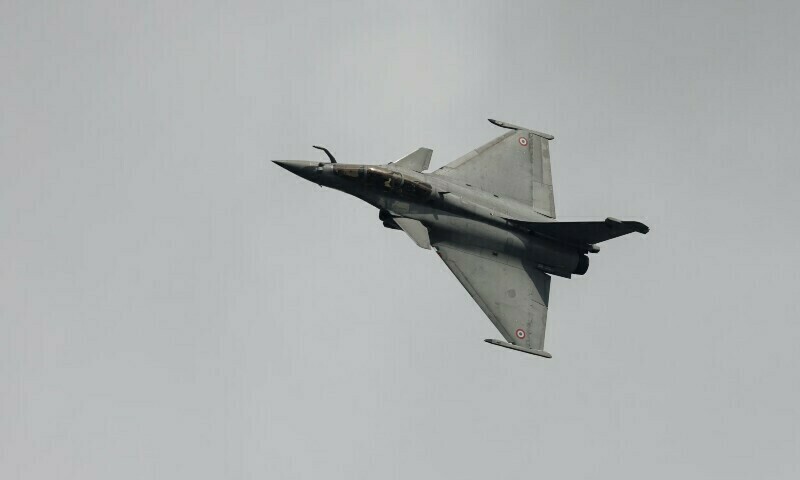At the time of writing, the people of Pakistan are united in their pride of their armed forces, particularly the air force. The most hard-core critics of military spending have seen the wisdom of a high defence budget when we have a hostile nation as a neighbour.
But in the end, who does war benefit? Not the civilians who fear for their lives and livelihoods while mourning those who are lost to conflict. Not the countries that spend billions in resources to prop up the militaries.
From 1956 to 2024, India spent $1.4 trillion on military expenditure, compared to $348 billion in Pakistan, according to the Stockholm International Peace Research Institute (Sipri), an independent international institute that provides data based on open sources.
India is one of the top five military spenders in the world. Despite the massive difference in military spending, Pakistan has proven that it can do more with less.
The real winners in any war are not nations but arms manufacturers. In a world increasingly shaped by conflict, global military spending reached $2.72tr in 2024 — a 9.4 per cent increase from 2023 and the sharpest annual rise since the end of the Cold War, according to Sipri. This marks the 10th consecutive year of rising global military expenditure.
As governments continue to prioritise defence, often at the cost of education, healthcare, and public welfare, the long-term economic and social consequences are profound — something we have proof of in the malnourished children living in poverty and illiteracy.
In 2023, arms and military service sales by the 100 largest companies reached $632bn — a real-terms increase of 4.2pc from 2022.
‘The arms revenues of the Top 100 arms producers still did not fully reflect the scale of demand, and many companies have launched recruitment drives, suggesting they are optimistic about future sales,’ said a 2024 report by Sipri.
The hate that has led to blind conflict only serves to enrich the already rich while inflicting immense losses on those fighting. The only sane move, regardless of the enemy’s jingoism and the war drums whipping up a frenzy, is to de-escalate and walk the path of peace.
Published in Dawn, The Business and Finance Weekly, May 12th, 2025


